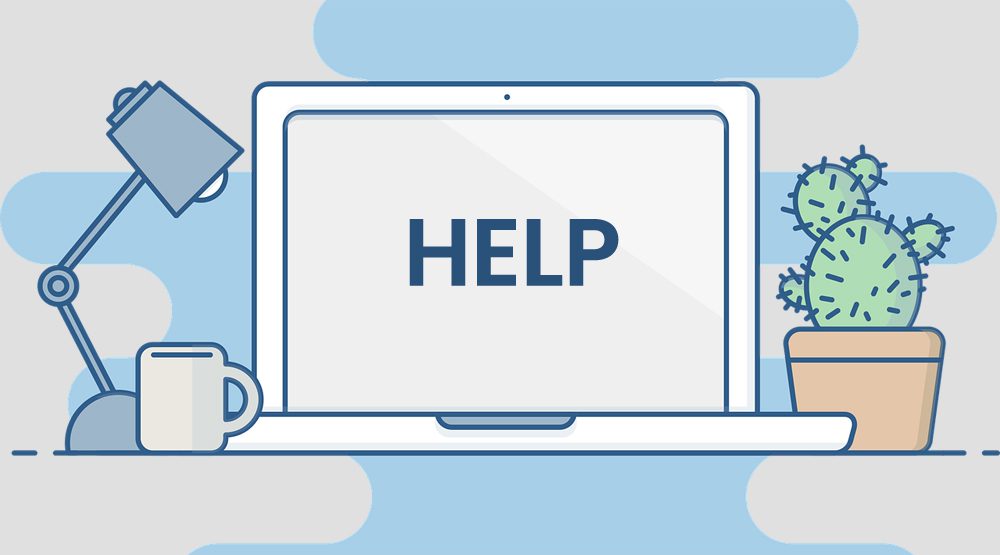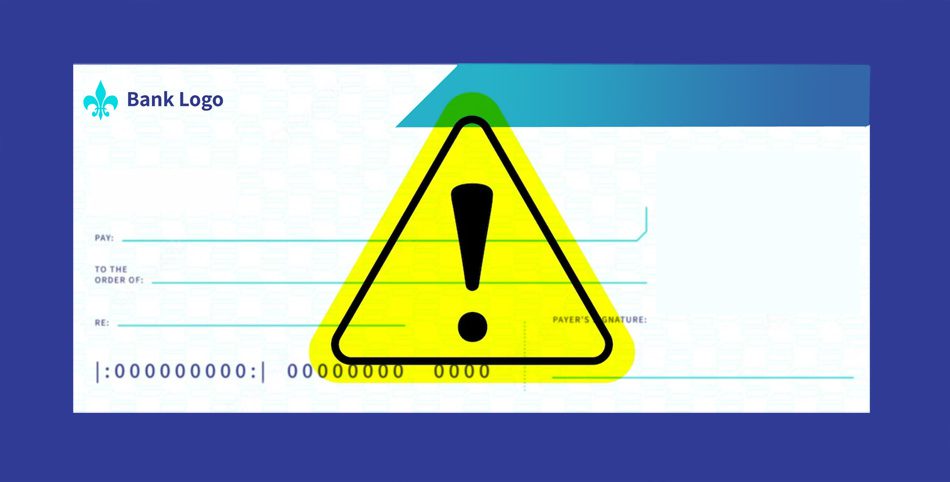There has been a growing epidemic of fake check scams where thousands of people worldwide are reporting receiving bogus checks from buyers who posed as potential customers initially but what was soon revealed was that they were scammers in disguise. These fraudsters issue counterfeit checks for purchases they make.
In fake check scams, scammers contact their victims often through emails or job postings, or other opportunities that sound and seem too good to be true.
These scammers can also pose as potential employers making payments via checks. It is a multi-million operation that targets innocent and unsuspecting individuals with the mal intention to bankrupt them.
Scammers post random job postings on the internet, and will then issue fake checks for the service they take from you or errands you run for them. Typically, they write a much larger amount on the check than what they owe you. They will then convince you to deposit the check and wire the extra amount back to them.
Scammers give specific instructions to their victims about the mode of payment which is usually by wire transfers, gift cards, etc, claiming that is necessary for (lame) reasons such as for taxes, fees, or expenses.
When you (as a victim) do as told, you are eventually left on the hook because you soon realize that the original check was nothing but fake, and what you just did was wire some extra amount to an unknown account obviously meant for dicey purposes.
It may take a while for the bank to realize that the check is counterfeit if the scam is more sophisticated and the check appears genuine. When it does detect a fake check, it will contact the account holder and return it, asking them to recover any funds that were fraudulently obtained.
You can also risk losing your identity and personal information like bank account details, Social Security number, and other sensitive information, if you are less careful.
Tell-tale Signs of these Scams and How to Stay Safe

It is important to be aware of fake check scams, and never take impulsive actions when you are not sure about the source of contact. We have listed a few dos and don’ts below that can prove to be effective guidelines for you in such dangerous scenarios.
Be Cautious of Unsolicited Offers: Always be wary of job offers and opportunities that sound too good to be true. It is the classic tactic that fraudsters use to lure their victims.
Always Verify the Authenticity of the Check: It is always important to be cautious when accepting checks and to verify their authenticity before accepting them. Never deposit a check from someone you do not know or trust. Contact your bank for advice if you receive a suspicious check.
Never Wire Money on Impulse: If you have received an instruction to wire back a certain amount to a source you neither know nor trust after depositing the check with the bank, hang on. In all likelihood, it is a scam.
Never Comply with Odd Requests: Scammers will overpay you and will then ask you to deduct the sum they owe to you, and send them back the difference. By sending you overpaid checks, they are actually setting a trap for you to fall into. Never comply with such requests.
Never Share Personal Information: No matter what, the ground rule is never to share sensitive and personal information with anyone. These include your bank account number and other details, your social security number, etc. You should be on guard if someone asks you for the same.
Stay Updated: You must know about the latest happenings in the scam market and how they operate. If you are familiar with their modus operandi no one can take you for a ride. Keep checking the Federal Trade Commission’s website and other reliable sources of information for the latest developments.
If you have been a victim or know of an incident that deserves stringent punishment, take immediate action by reporting the scam to the relevant authorities and by bringing it to the notice of your bank.
3 Ways to Report Fake Check Scams

The following are the top three ways to report fake check scams.
Report it to Federal Trade Commission (FTC): The Federal Trade Commission is an authorized body that works to resolve issues like data breaches and violations of consumer protection laws. Scams should immediately be brought to the notice of the FTC which deals with issues related to security, privacy, and transparency; it is a US government agency whose mission is to protect consumers from unfair and deceptive practices. Shady and corrupt practices must be reported and the FTC is empowered to handle and resolve scams from a legal perspective. Visit the link here. Alternatively, you can call 1-877-382-4357 between 9 am and 8 pm.
Report it to your State Attorney General: Gather all or any information that you can share about the scammers — name (even if you suspect it to be fake) and contact information about the person who sent you the check, the check amount, and any other communication that you received from them. Next, look up the contact information for your state attorney general’s office, and then you can either call the designated number, or email, or send them a letter detailing the incident (date, day, and time) and reporting the scam. Be prepared to furnish more proof like copies of the fake check, emails, or any text messages you received from the scammer/s. They will do their part in getting to the crux of the matter and prosecuting the scammers.
Contact Your Bank/Financial Institution: You must do this on priority. Inform your bank immediately about the scam so that they can take steps to protect your account from future fraudulent activities. As a trusted customer, you must clear the air with them before they hold you accountable for any losses owing to the fraud. Initially, the funds may appear for a short time before the bank realizes that the check is counterfeit and asks you to recover the losses, holding you responsible for the transaction. But when you inform them about the incident timely, they will freeze your account and block any further attempts by third parties to withdraw more funds from your account in the future. Moreover, your bank will also play a crucial role in reporting the scam to the relevant law enforcement agencies and the FTC.

